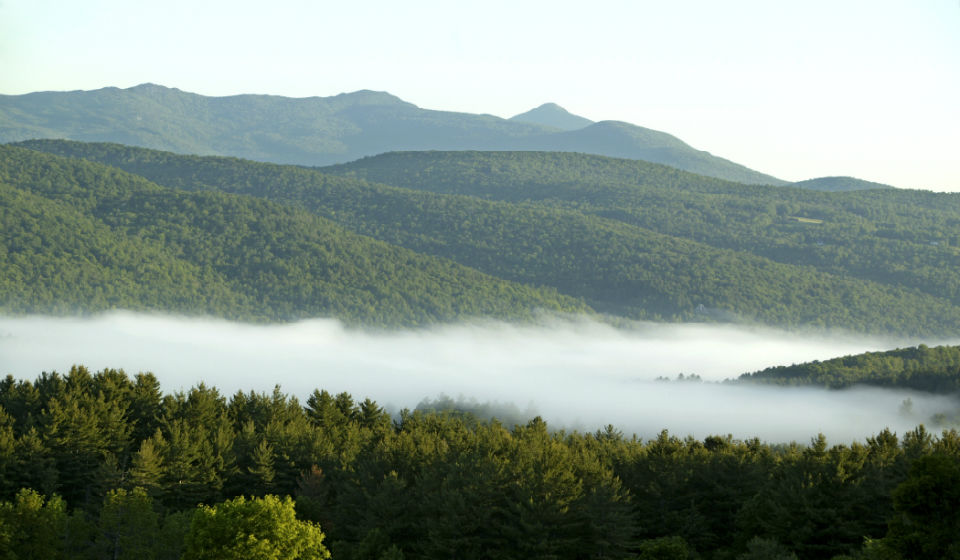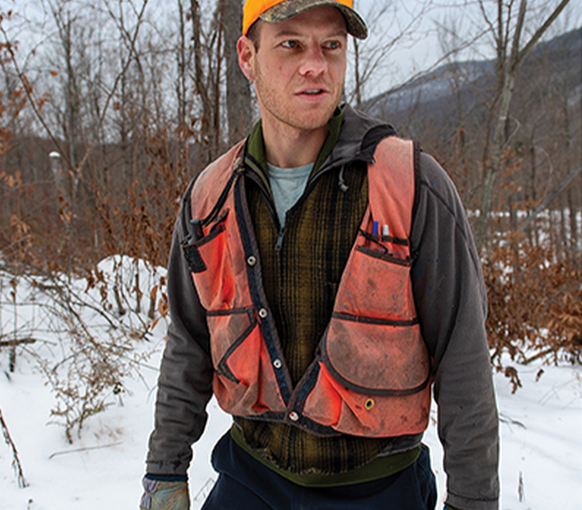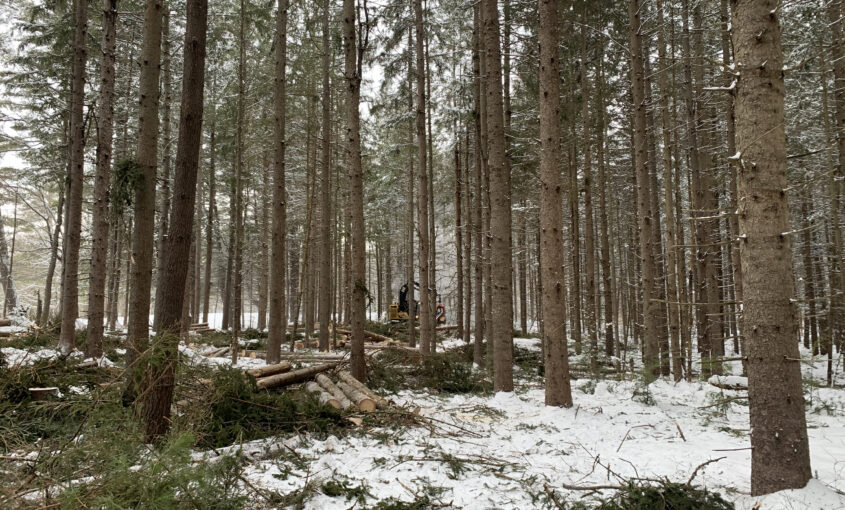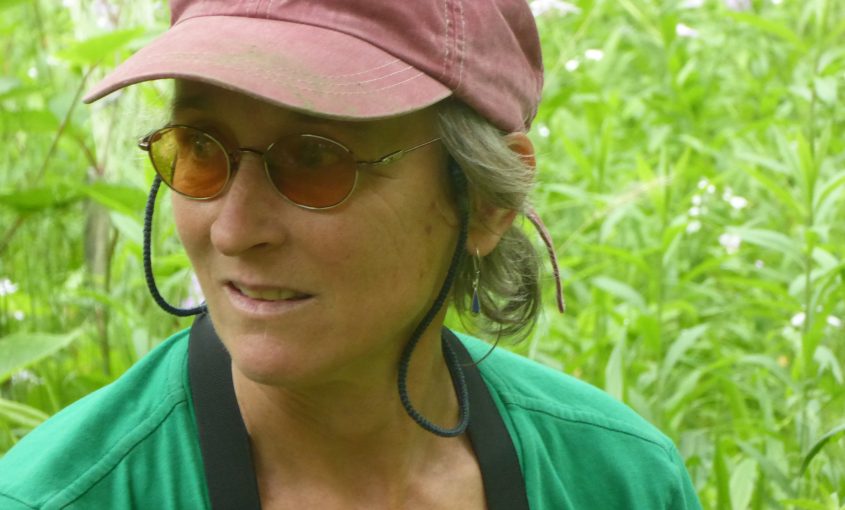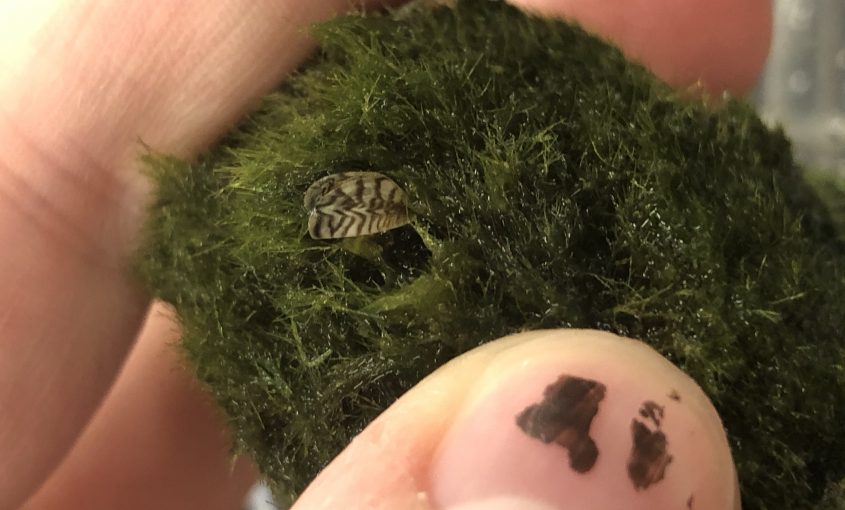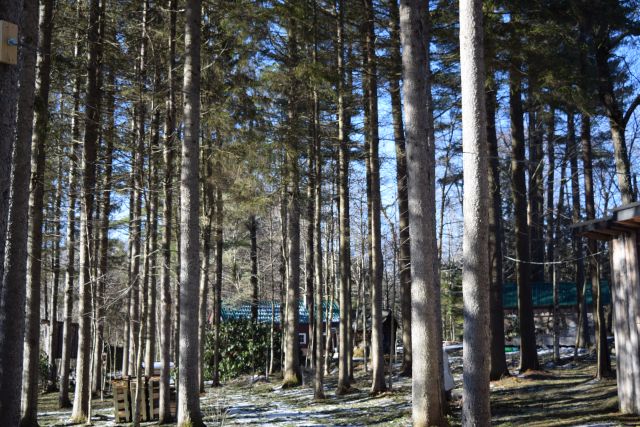Into the Woods: Forest management is not deforestation, Chittenden County Forester says
Over the last few centuries, Vermont’s forests have been on a transformative journey. Prior to European colonization, Vermont was about 90-95% forested. Following the massive clearing of the early-mid 1800’s, Vermont rebounded from a low of about 20% forested around 1850 to 80% forested by the end of the twentieth century. In the last several
Read More...

